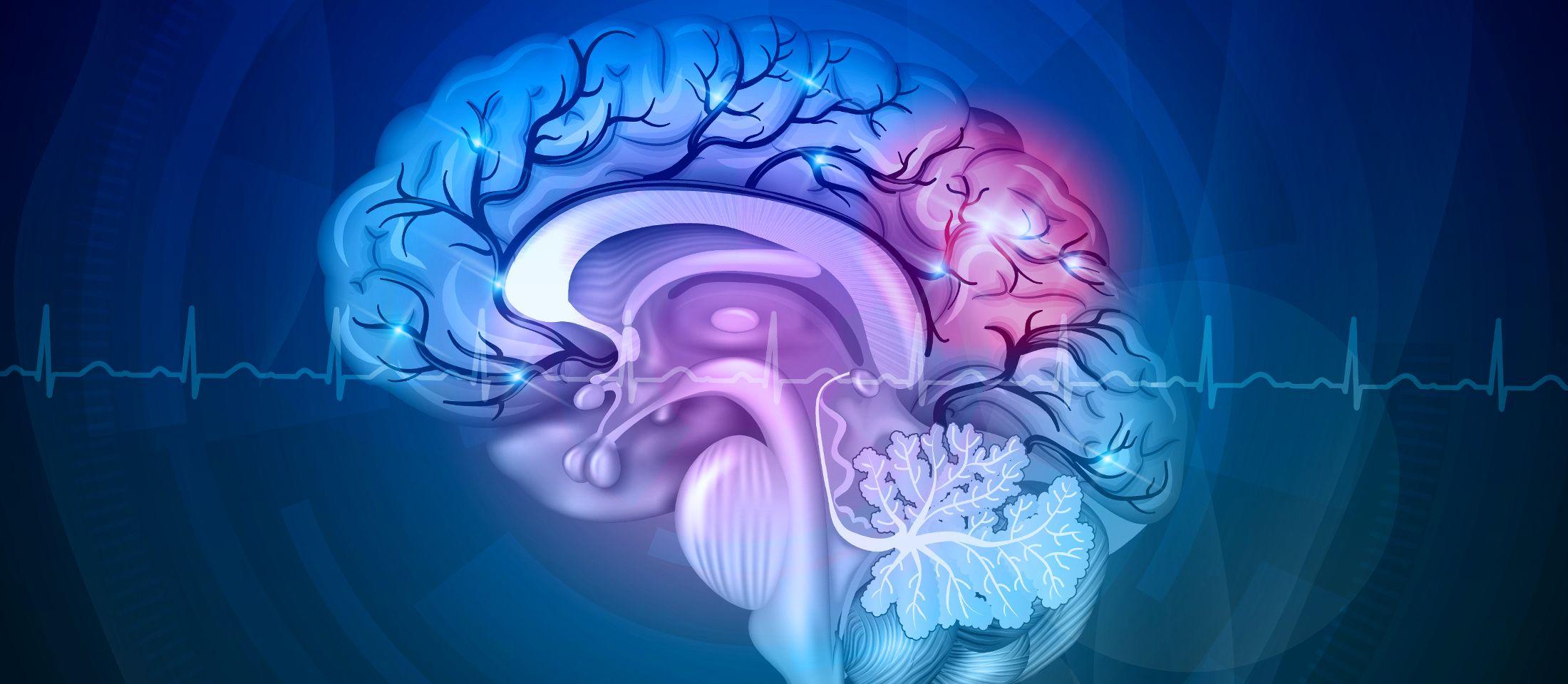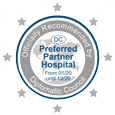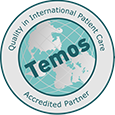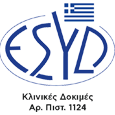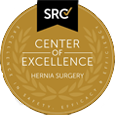Metropolitan General’s Acute Stroke Unit is one of the few organized and well-equipped Units throughout the country. It is an active member of the international network of SITS (Safe Implementation of Treatments in Stroke) which solely accepts centers which are certified, abide to high quality and safety standards, accommodate the required infrastructure, and are staffed by highly skilled medical and nursing personnel.
The Unit operates on a 24/7 basis and is staffed by extensively experienced and highly specialized neurologists and well-trained nursing practitioners who, in cooperation with physicians of related specialties (neurosurgeons, interventional radiologists, interventional cardiologists, intensivists, anesthesiologists), deliver prompt diagnosis and comprehensive and personalized treatment.
Stroke is a medical emergency requiring immediate management and timely presentation of the patient to the hospital.
"Time is brain"
Stroke management within less than 3-4 hours from symptoms onset is crucial to treatment effectiveness and complications reduction. A dominant expression within English medical literature is “time is brain”; it highlights the very short lifesaving time frame for the brain. It is estimated that about 2 million neurons are lost per minute of delay in obstruction management.
Metropolitan General’s Acute Stroke Unit applies all modern treatment methods adhering to the latest international guidelines, aiming at maximizing patient clinical benefit. At the same time, the excellently equipped Intensive Care Unit (ICU) accommodated in the Hospital, ensures the medical/nursing care required.
Metropolitan General’s Acute Stroke Unit runs a 24-hour helpline, tel: +30 210 650 2700, staffed by highly skilled personnel to provide guidelines on the correct stroke symptoms recognition.
Contact Number: +30 210 650 2700

























